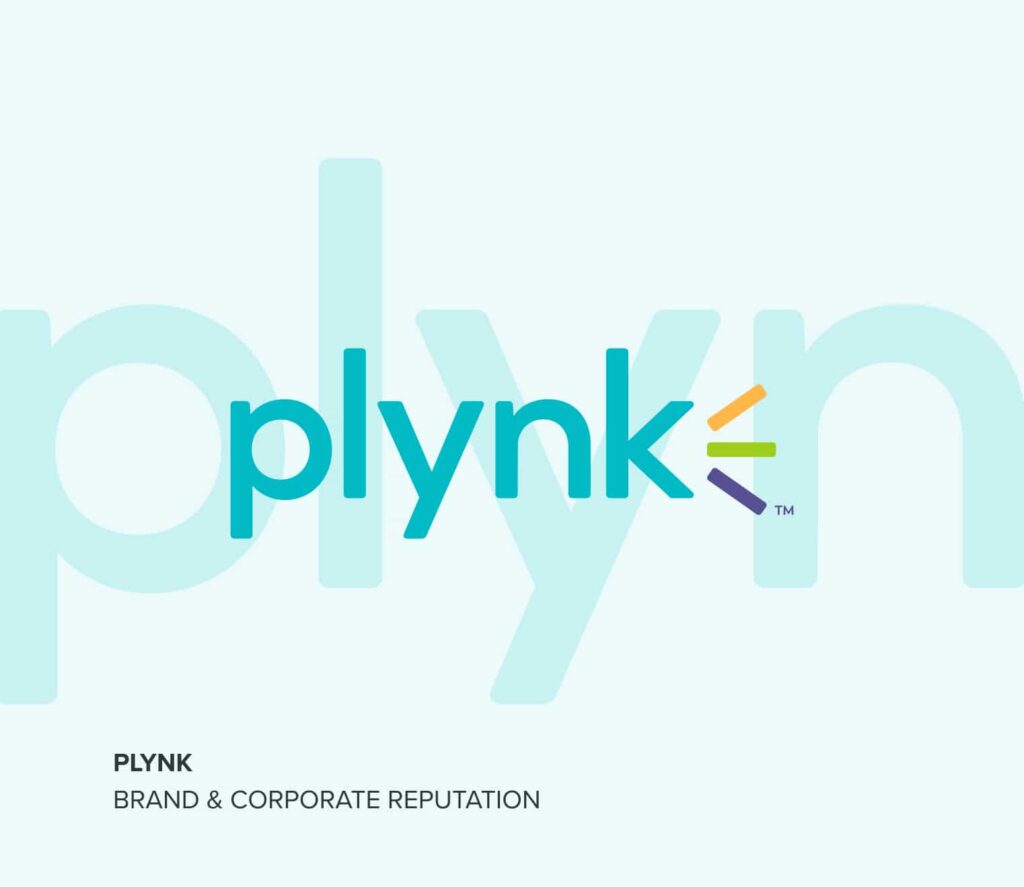Previously published on April 15, 2022 in
By Milton Ezrati, Chief Economist at Vested
Young people feel attraction to the metaverse that older folks cannot understand. Some young enthusiasts have even bought property in that entirely imaginary land—as an investment, they say.
At first blush, this practice seems outlandish, but on reflection, metaverse investments are not that much different than other investments, hardly as revolutionary as the young seem to think.
Most other investments—stocks, bonds, even real estate—have little more link to the physical world, much less any more intrinsic value, than metaverse investments. True, a real—as opposed to a metaverse—house can keep the rain off the owner’s head. But the shelter provided contributes only little to the investment’s value.
A home on an attractive beachfront, for example, is worth a lot more than the same building on a fading Main Street. That difference lies with nothing intrinsic to the house but rather entirely with people’s continued preferences for the seaside. A little over a hundred years ago, fashion and taste made the Main Street location more desirable. Values then reflected that difference, as did investment gains, until preferences changed and people began to prefer the beach.
This is also true of stock and bond investments. Though securities appear to have a closer link to the physical world than the metaverse, that link has little or nothing to do with prospects for appreciation. Investors will hold a bond only because they trust that the bond will pay interest as scheduled and return the principal at maturity. Its value lies in that trust.
Stocks, too, offer nothing more intrinsic than the belief that others will become enthusiastic that the issuer can earn profits on products that people will continue to want. Worth and appreciation depend entirely on these beliefs. There’s nothing intrinsic or real-world beyond these beliefs.
Indeed, the whole process is further removed from the physical world because investors must also believe that the cash returned on these investments will hold its value in other things. As with the investments, there is nothing about the cash that is intrinsic.
Today’s inflation is an ongoing reassessment of people’s notion of what that cash is worth. Even when people had gold coins in their pockets, nothing was intrinsic. Gold has intrinsic value only to jewelers and the people who wear it, and even then it’s only because they or others hold it in high esteem. Otherwise, the gold coins only had value because the community implicitly agreed that they did.
The story of an isolated Polynesian island might offer perspective. Those who first visited the place told of how the island community members stored value in giant stone wheels that they rolled into the lagoon to keep safe.
Once a prosperous community member amassed enough wealth, he would use it— maybe denominated in seashells that were only a store of value because the community agreed that they were—to purchase a wheel. The community kept track of who owned which wheels.
If this prosperous community member decided to build a home, he could sell the wheel and use the seashell payout to buy labor and materials. (If the community had a banking system, he might alternatively have borrowed against the value of his wheel.) At some future date, he might decide to downsize, and the whole process would go in reverse so that he could have a wheel and a secure store of value to will to his children.
Nothing in the metaverse has any less substance than any of these other investments. All value is what others think it is and only that. A metaverse investor need not worry that there is nothing either physical or intrinsic. As with any other investment, he needs to consider how others will value his holding. It’s a bet, maybe a good one, on the future popularity of the metaverse.
Mr. Zuckerberg owns an enormous amount of property in the metaverse. Since the place is digital and he is creating it, his holdings might be infinite. He has a keen interest in promoting the attractions of the virtual resort he’s building.
If he’s successful, he will acquire many seashells to buy perhaps a physical island or a yacht or maybe even concessions from Congress.


